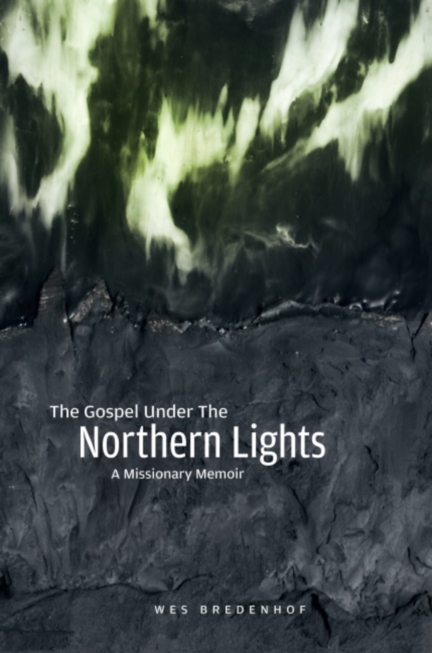Can You Read?


When I first started in ordained ministry, I was a missionary in a small, remote community in north-central British Columbia. Some of the people there were functionally illiterate. A few could barely speak English. My wife and I had the privilege – and the challenge – of bringing the gospel to this village. It’s an experience that’s shaped me to the present day and one I’ll never forget. A few years ago I wrote a book about our time there and all the ups and downs — you can find it here.
In that book, I mention a wonderful couple named Charlie and Marion. They were involved with our little mission congregation from the start. In fact, our sending church had been doing outreach in the village long before we arrived and Charlie and Marion were often involved. They struggled with things in their life, but they were usually warm to the gospel. When they were home, they almost always attended our worship services.
I also visited them regularly to read the Bible with them. You see, Charlie and Marion were virtually illiterate. Because of their age and other factors, they never did learn how to read. And yet I wanted them to hear God’s Word, not just on Sunday, but through the week too. They told me they wanted that too.
One day I was reading Evangelical Missions Quarterly when I spotted something about a unique way to reach illiterate people with the Word of God: the Talking Bible. The Talking Bible looked like a Bible, but it had a tape player inside it which would allow you to hear the Bible being read. The Talking Bible (in dozens of languages) is still around, but of course, the technology has improved vastly.
Charlie and Marion seemed to enjoy their Talking Bible. I say that because every week or two I still had to come and visit – but now to replace the batteries in their Talking Bible. For these people who couldn’t read, they were now able to hear the Word of God every day.
If you couldn’t read, what measures would you go to still access the Scriptures?
When I was a seminary student, I read somewhere the story of William McPherson. He lived sometime in the early twentieth century. He worked at a stone quarry in Colorado. He’d recently become a Christian when he had a terrible accident. Some dynamite exploded in his face, blinding him, and also causing him to lose the use of his hands. As he began his recovery, he had a hunger for the Word of God. He heard of a woman in Britain who’d learned to read Braille with her lips. McPherson couldn’t do that because the accident had damaged the nerve endings around his mouth. But he still had his tongue. He learned to read Braille with his tongue. Over the next 65 years, McPherson read through the Bible four times – reading it in Braille with his tongue. Talk about dedication!
Now, if you couldn’t read, what measures would you go to still access the Scriptures?
But you can read! You’re reading this. Yet how often don’t we neglect one of the greatest gifts God has given, his Word? Dear reader, thank God today that you can read, that you have the precious gift of literacy. Don’t take that gift for granted! Thank God today that you have the Bible in your own language — you have unfettered access to all the wonders of the gospel. Then let the prayer of Psalm 119:103 be your aspiration too: “How sweet are your words to my taste, sweeter than honey to my mouth!” Those words were never truer than when fulfilled by our Lord Jesus, but they’re to become increasingly true of Jesus’ disciples too.


